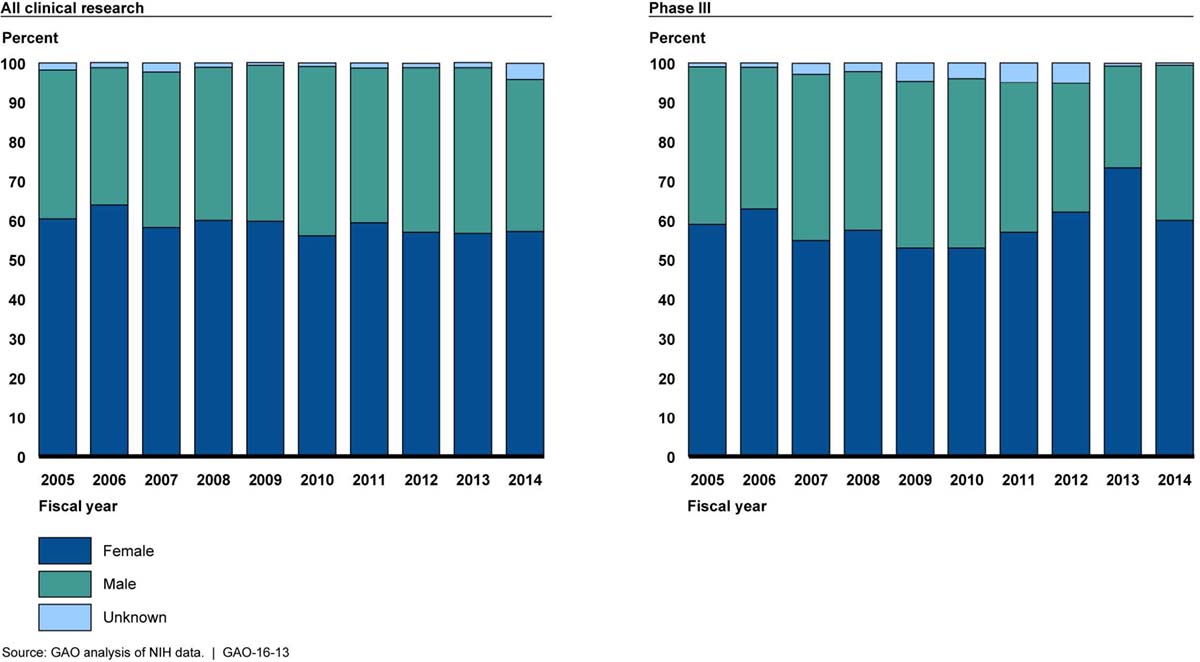
Clinical research: is it ethical?
Clinicalresearch is one of the hottest topics of debate nowadays. This is much thanks to the fact that a lot of people question its ethical aspects. Namely, the questions which arise are most often those concerning the safety of the procedures, as well as the motives of the drug companies (because those who condemn the research tend to perceive the driving motives as being purely profit-oriented).
Withthis said, it is good to find out that the actual reality of the situation flows in quite a different direction. This means that there are certain ethical requirements (delineated by JAMA – The Journal of American Medical Association) which need to be met while conducting all or any research. There are seven points to the list of requirements, and they are: value, scientific validity, fair subject selection, favorable risk-benefit ratio, independent review, informed consent and lastly, but not the least important, respect for the enrolled subjects.
The previous requirements are designed to hinder any chance of exploitation. They are also designed to make sure the research heads in a direction which contributes the most to the greater social good. Without further ado, we will now further discuss, in somewhat closer detail, each of the points.
If a project must have "value", it must have the potential to improve wealth and general well-being. It's either that, or it must generate knowledge of structure or function concerning the human body.
Next off, "scientific validity" requires that the research must be conducted in a methodical and rigorous fashion. These methods must be scientifically valid as well as practically feasible. Also, their objective must be crystal clear.
Fairsubject selection means that the subjects to be included in the research must be picked according to the criteria of the goals of study rather than vulnerability, privilege or other marginal factors.
Favorablerisk-benefit ratio involves satisfying the following sub-requirements: the potential risk to the subject must be minimal, the benefits are enhanced and lastly the potential benefits are to outweigh the risks.
Allowing an independent review, in turn allows for a fair amount of political correctness concerning the research. It also helps eliminate conflicts of interests as it is an important element of social accountability.
Informed consent is another strong point down the list. This means the subject must be accurately informed both about the methods and potential risks as well as the goal of the research and its potential benefits. It is also important to make it crystal clear that each subject's participation is voluntary, which means that each subject has the legal right to terminate his or her participation at any point.
Lastly, the privacy of each subject must furthermore be protected by means of confidentiality rules – this is what is meant by "respect for potential and enrolled subjects". This also means that all new conditions which are discovered during the course of research must be properly communicated to the subject, and accordingly, treated properly. The subject is also to be informed about the scientific progress which has been achieved thanks to his or her participation.
Conclusively, it is perfectly normal to be concerned about participation in clinical research. That's why asking a lot of questions ahead of enrollment is strongly recommended in order to make sure that the subject is making a choice he or she truly wants to make.

















Your thoughts on this
Loading...